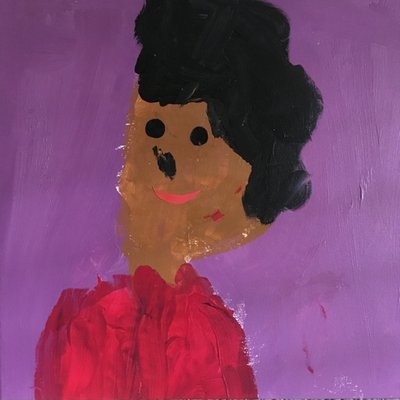Open Standards are the Future
24 August 2005, lunch time
Nerd Alert: A little bit lot more on this topic of the future of the web, and then I’ll shut up and start posting about movies I’ve watched again. I read over what I wrote yesterday, and for the most part it sounds like my objection to the WebOS is simply because it is a stupid name—not so, I think it’s a stupid idea too.
GMail works well. I use it all the time, and so do most of my friends. Part of it’s appeal is that it works anywhere. However, this was true of Hotmail and a slew of other web-based email clients before it. The biggest appeal of GMail is that it is also faster and better designed than the alternatives. GMail works in most of the popular browsers out there, so I have no problems using it. In the world Kottke has described, the next GMail would interact with your machine on a local level as well. The question I have is, to what end?
I think the future is here right now, it just doesn’t have a snazzy name or much hype: Open Standards. Google Talk is an example of what I think is actually going to be the shape of things to come. Google Talk is an instant messenger (IM) client that communicates using XMPP. I can talk with people using Google Talk with iChat because iChat interoperates with Google Talk. My calender is available online, and I can read it at work using Sunbird, at my friends house using the web, and at home using Apple’s iCal. I don’t need GMail to read my email messages while offline. GMail already allows me to interoperate with my mail in an offline context because it lets me download my mail to a client on my local machine. A GMail program that is installed on a user’s machine and allows users to work on emails offline is no different than any other mail client installed on a user’s machine. Its only appeal would be a consistent interface.
The web as a platform for serving up applications is appealing because the install base for the platform is so huge. If however, to use GMail 2.0 I need to install Google Desktop, the utility of the program for me goes down considerably. I have no doubt that web browsers will evolve to allow for more robust applications to be written for them, but I wonder why we need to shoe horn an application into a web page?
A web browser is just one way to access and view your data. The web browser’s advantage, as I outlined above, is that it is ubiquitous. However, there is no reason that rich clients should or will go away simply because they aren’t inherently cross-platform. Companies have managed to write cross-platform applications for the past 20 years or so. It isn’t an insurmountable task.
Finally, you don’t need a web browser to connect to the Internet. I can already store and access much of my data remotely, as I have described I already do with my calender. IMAP mail clients store your mail remotely. When I am at work, all the software I write is stored on servers I log in to remotely. This notion of having access to your data anywhere is not new. Again, web browsers as a software platform are interesting because of their wide install base, not because it is any easier to access your data anywhere in the world with them. That is not a feature inherent to web browsers alone. My copy of iCal can read calenders stored anywhere in the world. When I use Excel at work, I can open spreadsheets stored on other peoples computers.
Computers programs can interact with one another with out having to be a part of some WebOS. I see future web browsers complimenting the software on our own machine, not replacing it. I think computer programs will become more and more open, and the interactions between computer programs will become more seamless. When I get IM in iChat from a friend asking me to go watch a movie, I want iCal to tell me that I am busy, to look up the times the movie is playing, and suggest alternative times to my friend. That would actually be cool—in a geeky sort of way.

nice article, but i would have loved to read more about the potential of open standards as you titled your article “open standards are the future”. but i think your point is clear :o)
by ichigo on August 25 2005, 11:06 am #
Yeah, sorry. I started writing and then kind of veered off track. I usually try not to write anything longer than a paragraph for this very reason.
by ramanan on August 25 2005, 11:09 am #
open standards and open formats are the future. platform independence should be the goal; not just switching your dependence from one to another.
by Sunny on August 26 2005, 1:09 am #